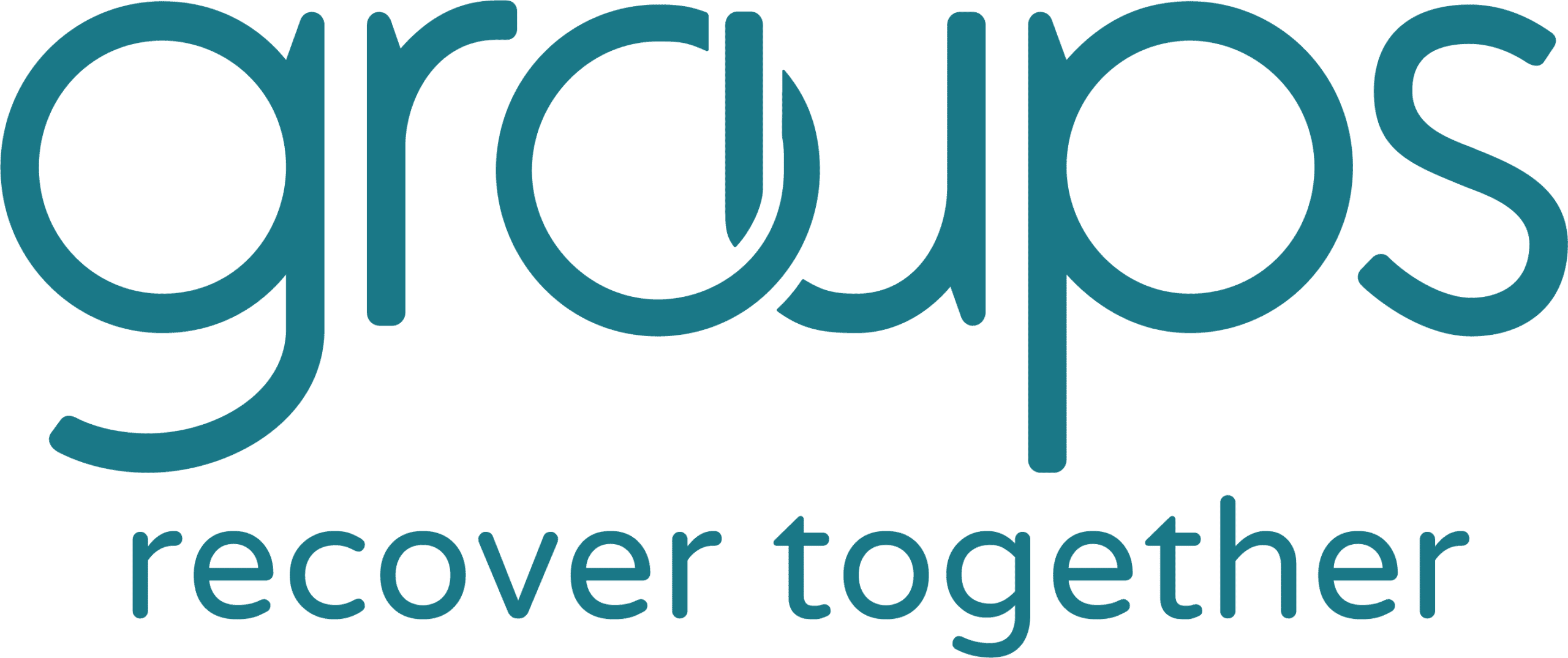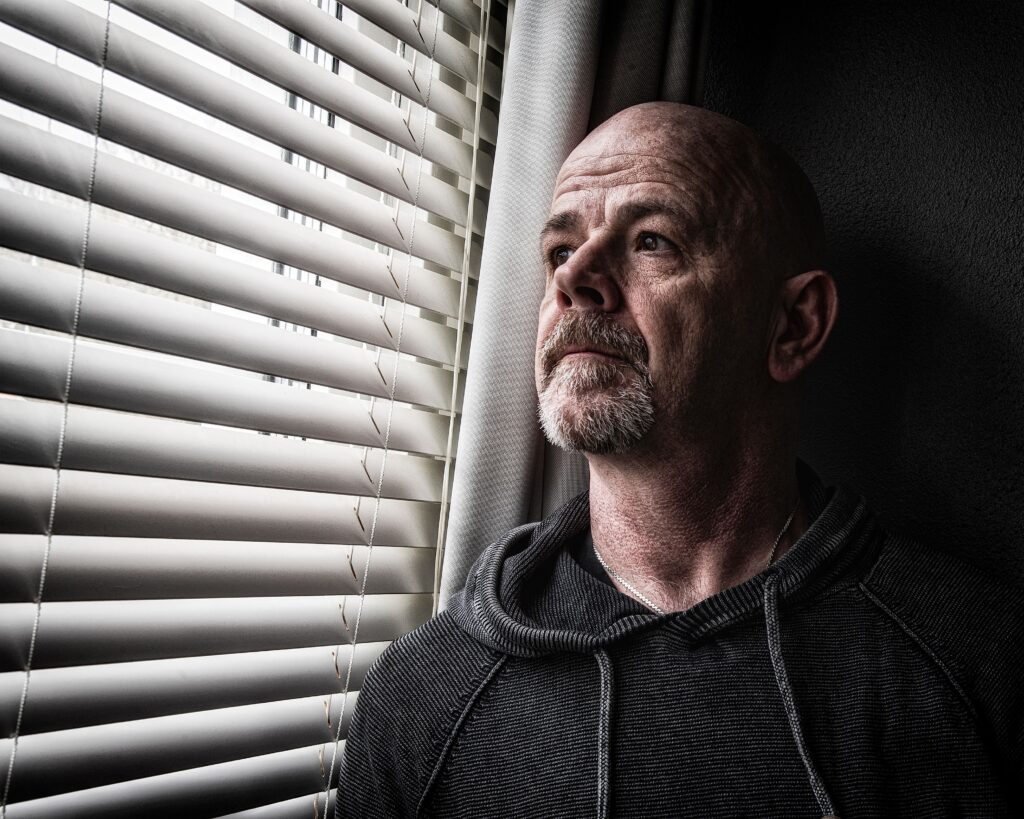Opioid intoxication is when opioids affect the entire body and lead to impairment or illness. Any person who takes opioids has some risk. It often happens when a person uses opioids at a high dose after reducing their dose or taking a medication for opioid use disorder (MOUD). At Groups, we prescribe Suboxone for most of our members because its ingredients protect against these negative effects.
Opioid intoxication isn’t quite the same thing as opioid overdose. However, it can be serious and it may cause lasting damage. Intoxication causes people to feel “high” and have symptoms that make them feel sick and impaired. Overdose can be fatal because it causes respiratory depression, which is when a person’s breathing slows or stops. There is some overlap between them, but there are a few key differences that we’ll go over in this post.
In this blog post, we’ll talk about six signs and symptoms to look for that can help you identify opioid intoxication and how to help someone who may be intoxicated.
Opioid intoxication versus opioid overdose
Knowing the difference between opioid intoxication and opioid overdose can help you understand a person’s mental and physical state. It can also help you determine what steps to take to care for them and potentially seek emergency services. If you use opioids or you know someone who does, familiarizing yourself with the signs of intoxication and overdose can help save a life.
If a person is experiencing an opioid overdose, you should administer Narcan (naloxone) if it’s available and call 911.
The following are signs of opioid overdose:
- Unresponsiveness or unconsciousness
- Slowed or stopped breathing
- Pinpoint pupils
- Blue lips, skin, or fingernails
- Cold or clammy skin
- Snoring or gurgling sounds coming from their mouth
Because opioid intoxication can affect a person’s ability to think clearly and their coordination, they should be monitored for their safety. They may need medical care, depending on the severity of their symptoms. Call their prescriber or primary care provider if possible. If they’re having trouble breathing or showing severe symptoms, you may need to take them to an urgent care center or emergency room.
In some cases, opioid intoxication can result in infections, seizures, or damage to the lungs or other organs. Treatment may involve breathing support, IV fluids, naloxone, or other medications. The person may have injuries or mental health concerns that require treatment as well.
6 signs and symptoms of opioid intoxication
Opioid intoxication can cause physical harm in a few different ways. Altered breathing can damage the lungs, and people can develop respiratory infections. Intoxication also affects a person’s awareness, coordination, and balance. People may hurt themselves or others by accident. Reduced oxygen levels in the body during overdose can sometimes cause seizures. Seizures are more likely with specific opioids such as tramadol when taken at high doses.
The following are six signs and symptoms of opioid intoxication:
- Altered mental status — Opioid intoxication can reduce a person’s awareness and consciousness. A person may experience this as confusion, delirium, or difficulty concentrating. They may be less aware of their surroundings, and this can affect their ability to communicate.
- Reduced responsiveness — People experiencing opioid intoxication may be less responsive to sounds and sensations. This can be a result of decreased awareness or other impairments that affect their ability to respond to what’s happening around them. Check a person’s responsiveness by shouting, saying their name, or pinching their arm.
- Breathing problems — High doses of opioids depress the central nervous system, which can cause breathing problems. A person’s breathing may slow down or stop when they’ve taken too much. This is often the cause of overdose deaths. Watch a person’s chest and belly or place your ear near their mouth to listen for breathing sounds. If you hear a rasping or gurgling sound, administer Narcan and call 911 right away.
- Extreme sleepiness or loss of alertness — Opioids can make a person feel very sleepy, induce a light sleep, or cause a person to lose consciousness. Going in and out of altered states of consciousness is known as “nodding off.” The person may appear to doze off while sitting upright and wake up suddenly. If you notice someone nodding off, that’s a sign that they need medical attention.
- Nausea and vomiting — Too much of an opioid can make a person feel sick to their stomach or vomit. Because it can also affect consciousness, there is some danger of choking or suffocating. If a person is vomiting and not fully aware or conscious, make sure they’re lying on their side to prevent this.
- Small pupils — If someone is showing any of these symptoms and their pupils look small, they may be intoxicated. This is also a sign of overdose. If they’re unconscious, having trouble breathing, or making gurgling sounds, call 911 and administer Narcan.
How does opioid intoxication happen?
Opioid intoxication can happen to a person who has a prescription for opioids, someone who takes them recreationally, and those in recovery. Most often, it happens when people knowingly or unknowingly take too much of one or more opioids. This may be a result of taking two different medications or drugs.
The following are some situations that may cause opioid intoxication:
- A provider writing a second prescription for opioids or prescribing opioids with another medication that causes an interaction. Sleep aids, benzodiazepines, and other medications can interact with opioids.
- A person with liver or kidney dysfunction taking an opioid
- Taking too much of an opioid to get “high” or combining it with another drug or medication
- Using a different method to take an opioid, such as snorting, smoking, or injecting it
- Swallowing a plastic bag or container containing an opioid or carrying it inside the body. If the container ruptures, this can cause opioid intoxication.
Find support for opioid use recovery at Groups
If a person is showing any of the signs listed in this post, you should act fast to get them medical care. If they’re showing any signs of overdose, such as unresponsiveness or trouble breathing, give them Narcan and call 911. If their symptoms are less severe, such as confusion, extreme sleepiness, or nodding off, they should be assessed by a care provider. Call their doctor or take them to an urgent care center or emergency room. Don’t leave the person alone — make sure someone is there to watch them until their symptoms improve. If you have nonemergency questions about using Narcan or caring for a loved one who uses opioids, contact us.
At Groups, we help people with opioid use disorder (OUD) recover safely. We help our members and their families prepare for emergency situations. Access to Narcan and training on how to use it is included with treatment at Groups. We help each person take steps to prevent opioid intoxication and overdose. This means understanding their individual triggers, developing healthy coping skills, building supportive relationships, and building up positive resources in their lives.
Our comprehensive approach to OUD treatment includes the following services:
- Suboxone and medication management — Medications for opioid use disorder (MOUD) help reduce cravings and withdrawal symptoms so people are less likely to use again. We work with members to help them determine which MOUD is best. Suboxone is usually preferred because it’s safe and people are less likely to take it in excess. If you snort or inject Suboxone, or if you use another opioid while taking it, you’ll have sudden, intense withdrawal symptoms.
- Life-goal assistance — In your first weeks at Groups, we’ll help you make sure your basic needs such as food, housing, and transportation are met. Beyond that, we’ll also help you identify new life goals for your next phase of life and plan out how you’ll achieve them. Setting specific, achievable goals can help you feel a sense of purpose. It can also be a positive anchor that keeps you on track with your recovery goals.
- Support groups — Talking with your peers in recovery will help you gain perspective and feel a sense of hope. You’ll hear success stories from those who have been in treatment for a while. You’ll also discover that you can make a positive impact on others.
Are you seeking treatment for OUD or supporting a loved one who uses opioids? We can help. Give our Recovery Support Specialists a call today. We provide treatment across the country—and we’re always expanding. See if we offer care in your state, either online or at one of our 130+ local offices. If Groups does not offer treatment in your area, you can locate other treatment options here.




